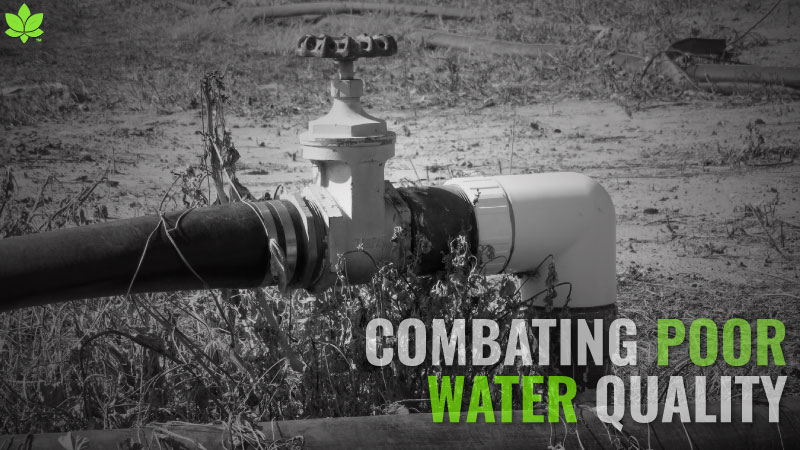Technology Waits For No One
When I was a kid, my family’s first microwave was a big deal. I know I’m dating myself, but I’m sure there are a few of you out there who remember when this “gadget” hit the marketplace, as well. My mother was particularly giddy when the enormous box was placed on our kitchen counter. She was in awe that food can be made hot in literally seconds, and the stove was not involved in any way. I remember her maiden voyage with the microwave was to boil water. She’s really come a long way since then.
Technology snowballed from there. A little thing called a Beta video player came into being and we no longer had to go to the “movies” to watch a movie. I can go on and on, but I think everyone gets the picture. Technology continues to advance in virtually all industries.
Agriculture is no exception. Growers are continually adapting the latest technology on their farms, simplifying procedures, creating efficiencies, and trying to save money. In this issue, we offer some basics as well as some advanced information in the area of precision agriculture, which involves global positioning systems (GPS), geographic information systems, software packages, and much more.
Some of you may be wondering how to get started using precision ag technology. Well, we have some answers for you on page 10. An article by Ohio State University’s Nathan Watermeier explains that precision ag technologies can be used by just about any size farm. The price tags for the components run the gamut, as well, possibly fitting nearly everyone’s budget.
In addition to learning how to get started in precision ag, in this issue we also cover automatic cultivator guidance systems, GPS auto-steering, and some of the latest precision ag tools. When you think about all the industry advancements that have occurred in the last few decades, it can be mind boggling. As a grower, you need to assess the needs of your farm and what you can do to create more efficiencies. The first order of business, though, is to educate yourself on what tools are available to you.
And Now For Something Completely Different
If you check out page 34, you will see a new face. I’d like to introduce our new “Grower Guidelines” columnist, Terry Kelley. He is an extension horticulturist at the University of Georgia and is responsible for statewide extension programs in commercial vegetable crops including cabbage, leafy vegetables, sweet corn, tomatoes, pepper, squash, cucumbers, pumpkins, carrots, beans, peas, potatoes, and minor vegetables. Kelley coordinates the vegetable variety testing program for Georgia and conducts applied research in growth regulators, nutrient management, and cultural practices in vegetables. In addition, Kelley is the College of Agriculture and Environmental Sciences liaison to the Georgia Fruit & Vegetable Growers Association and is an educational
adviser to the association.










